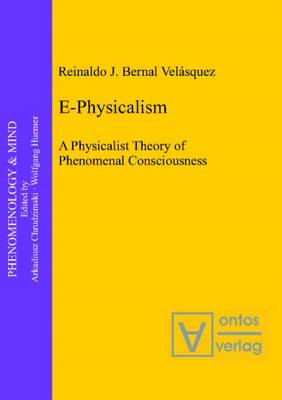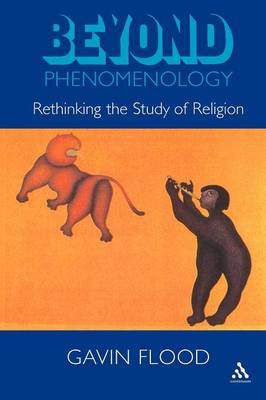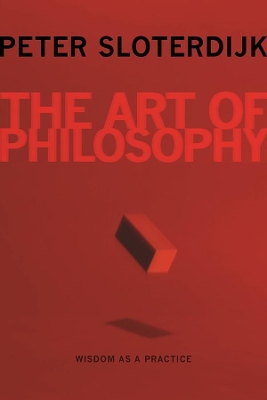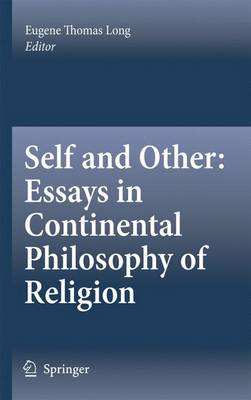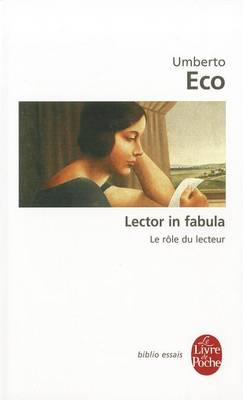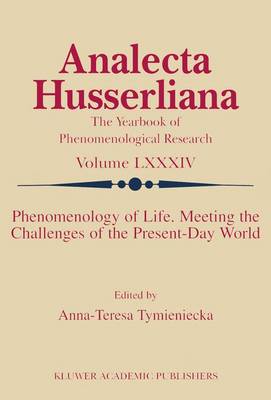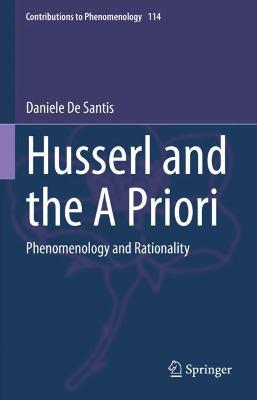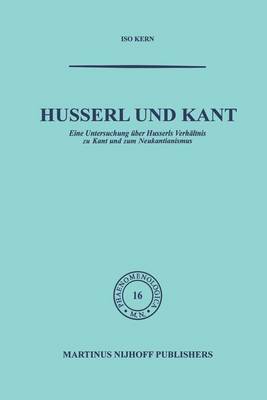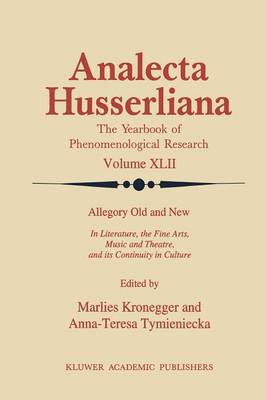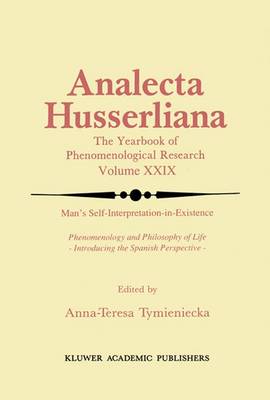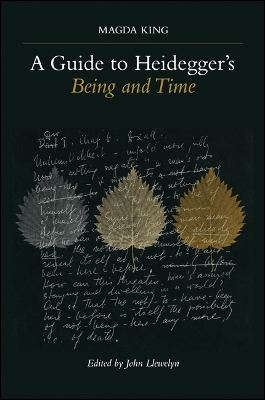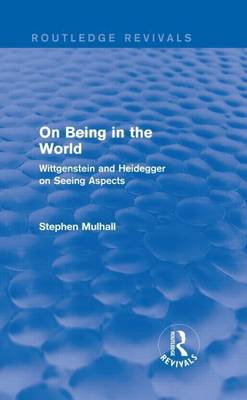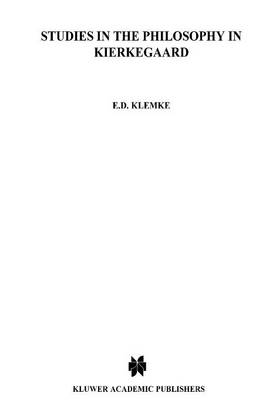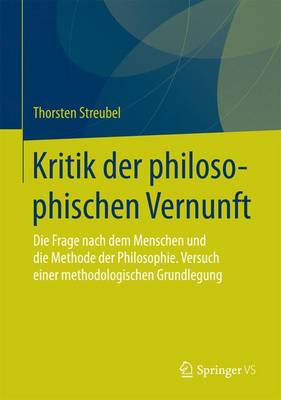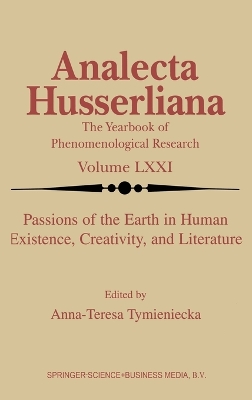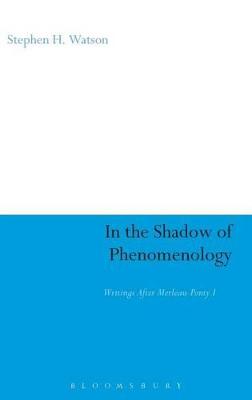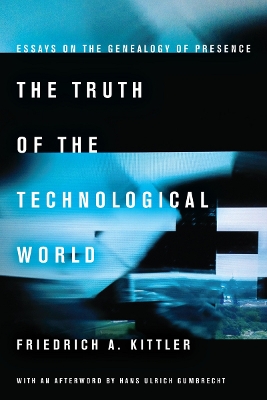Our world's cultural circles are permeated by the philosophical influences of existentialism and phenomenology. Two contemporary quests to elucidate rationality - took their inspirations from Kierkegaard's existentialism plumbing the subterranean source of subjective experience and Husserl's phenomenology focusing on the constitutive aspect of rationality. Yet, both contrary directions mingled readily in common vindication of full reality. In the inquisitive minds (Scheler, Heidegger, Sartre, St...
Integrated Truth and Existential Phenomenology: A Thomistic Response to Iconic Anti-Realists in Science relates an existential phenomenology to modal reasoning. By this reasoning, rooted in a consciousness of phenomena in themselves, a Thomistic realism is advanced wherein scientific inquiry yields objective truth and presupposes a causal principle. This principle, as an inferably true modality, strictly implies a first cause. And this cause as a supreme norm, causally created human nature as it...
This book argues that the understanding and explanation of religion is always historically contingent. Grounded in the work of Bakhtin and Ricoeur, Flood positions the academic study of religion within contemporary debates in the social sciences and humanities concerning modernity and postmodernity, particularly contested issues regarding truth and knowledge. It challenges the view that religions are privileged, epistemic objects, argues for the importance of metatheory, and presents an argument...
In his best-selling book You Must Change Your Life, Peter Sloterdijk argued exercise and practice were crucial to the human condition. In The Art of Philosophy, he extends this critique to academic science and scholarship, casting the training processes of academic study as key to the production of sophisticated thought. Infused with humor and provocative insight, The Art of Philosophy further integrates philosophy and human existence, richly detailing the foundations of this relationship and it...
The essays in this volume focus on some of the topics that are shaping recent continental philosophy of religion. These primary topics include self and other, evil and suffering, religion and society and the relation between philosophy and theology. The articles are by an international group of leading contributors to recent continental philosophy of religion.
Lector In Fabula (Le Livre de Poche, #4098)
by Professor of Semiotics Umberto Eco
Hermeneutische Phanomenologie Des Daseins. Ein Kommentar Zu 'sein Und Zeit' / Band 1
by Friedrich-Wilhelm von Herrmann
Husserl and the A Priori (Contributions to Phenomenology, #114)
by Daniele De Santis
This book presents a systematic discussion of the development of Husserl's concept of the a priori from his early and through his later writings. The chapters contained herein analyze the different phases and aspects of Husserl's phenomenology of the a priori in light of his twofold notion of reason, construed as both ontological and transcendental. Starting from the assessment of the introduction of the notion of a priori knowledge in the context of the Logical Investigations, this text uniq...
"lch _ke nur an, dass es gar nicMs Ungewohnliches sei, sowohl im gemeinen Gespriiche, als in den Schriften, durch Vergleichung der Gedanken, welche ein Vertasser aber seinen Gegenstand aussert, ihn sogar besser, u lIerstehen, als er sich selbst lIerstand, indem er seinen Begrilf nicht genugsam be- stimmte utJd dadurch bisweilen seiner eigenen Absicht ent- gegen redete oder auch dachte." Diesen Sat, aus Kanis "Kritik der, einen Vernunft" hat Husserl aut die Titelseite seines Exemplars lion Kants...
Allegory Old and New (Analecta Husserliana, #42)
Bringing allegory into the light from the neglect into which it fell means focusing on the wondrous heights of the human spirit in its significance for culture. Contemporary philosophies and literary theories, which give pre-eminence to primary linguistics forms (symbol and metaphor), seem to favor just that which makes intelligible communication possible. But they fall short in accounting for the deepest subliminal founts that prompt the mind to exalt in beauty, virtue, transcending aspi...
Man's Self-Interpretation-in-Existence (Analecta Husserliana, #29)
A Guide to Heidegger's Being and Time (SUNY series in Contemporary Continental Philosophy)
by Magda King
Gilles Deleuze's writing is permeated with references to literature. Do these serve simply as diversions within his philosophical investigations? On the contrary: for Deleuze, philosophers and literary writers are engaged in an allied writing enterprise, the former concerned with creating concepts, and the latter with creating characters. Deleuze repeatedly asserted that he made no claim to be a literary critic, and yet his writing contains a series of brilliantly original interactions with li...
In this volume, I have given attention to what I consider to be some of the central problems and topics in the philosophical thought of SJ2jren Kierkegaard. Some of the chapters have been previously publish ed but were revised for their appearance here. Others were written expressly for this book. I have tried to focus on issues which have not been customarily dealt with or emphasized in the scholarship on Kierkegaard with the exception of the writings of David Swenson and Paul L. Holmer to whi...
Passions of the Earth in Human Existence, Creativity and Literature (Analecta Husserliana, #71)
Literature reveals that the hidden strings of the human "passional soul" are the creative source of the specifically human existence. Continuing the inquiry into the "elemental passions of the soul" and the "human creative soul" pursued in several previous volumes of this series, the present volume focuses on the "passions of the earth", bringing to light some of the primogenital existential threads of the innermost bonds of the "Human Condition" and mother earth. In the author's words, the book...
In the Shadow of Phenomenology (Continuum Studies in Continental Philosophy)
by Stephen H. Watson
This is a new monograph exploring the theoretical status of Merleau-Ponty's contributions to epistemology and rationality in his account of phenomenology.Maurice Merleau-Ponty is widely known for his emphasis on embodied perceptual experience. This emphasis initially relied heavily on the positive results of Gestalt psychology in addressing issues in philosophical psychology and philosophy of mind from a phenomenological standpoint. Eventually he transformed this account in light of his investig...
Friedrich Kittler (1943–2011) combined the study of literature, cinema, technology, and philosophy in a manner sufficiently novel to be recognized as a new field of academic endeavor in his native Germany. "Media studies," as Kittler conceived it, meant reflecting on how books operate as films, poetry as computer science, and music as military equipment. This volume collects writings from all stages of the author's prolific career. Exemplary essays illustrate how matters of form and inscription...

